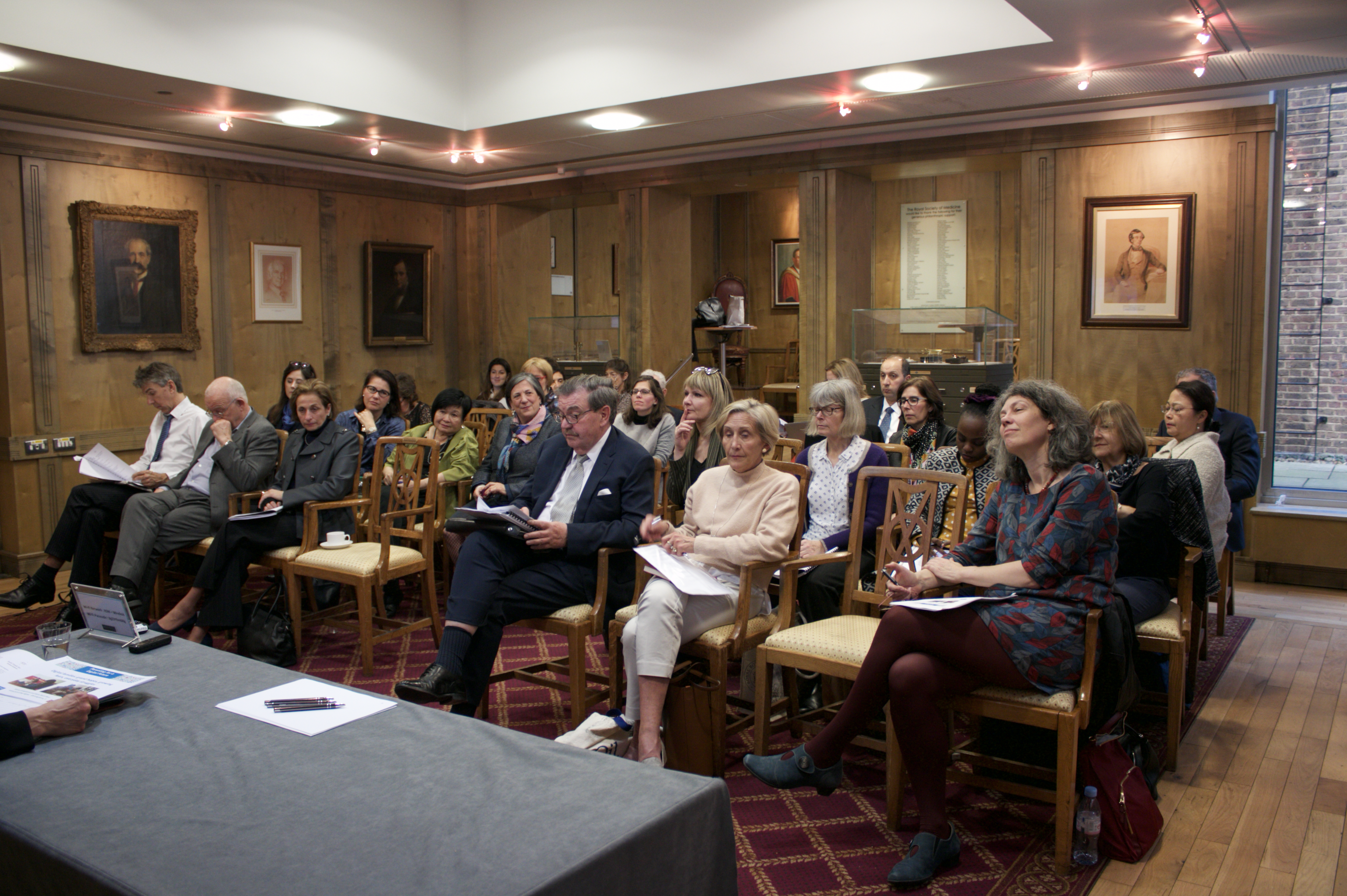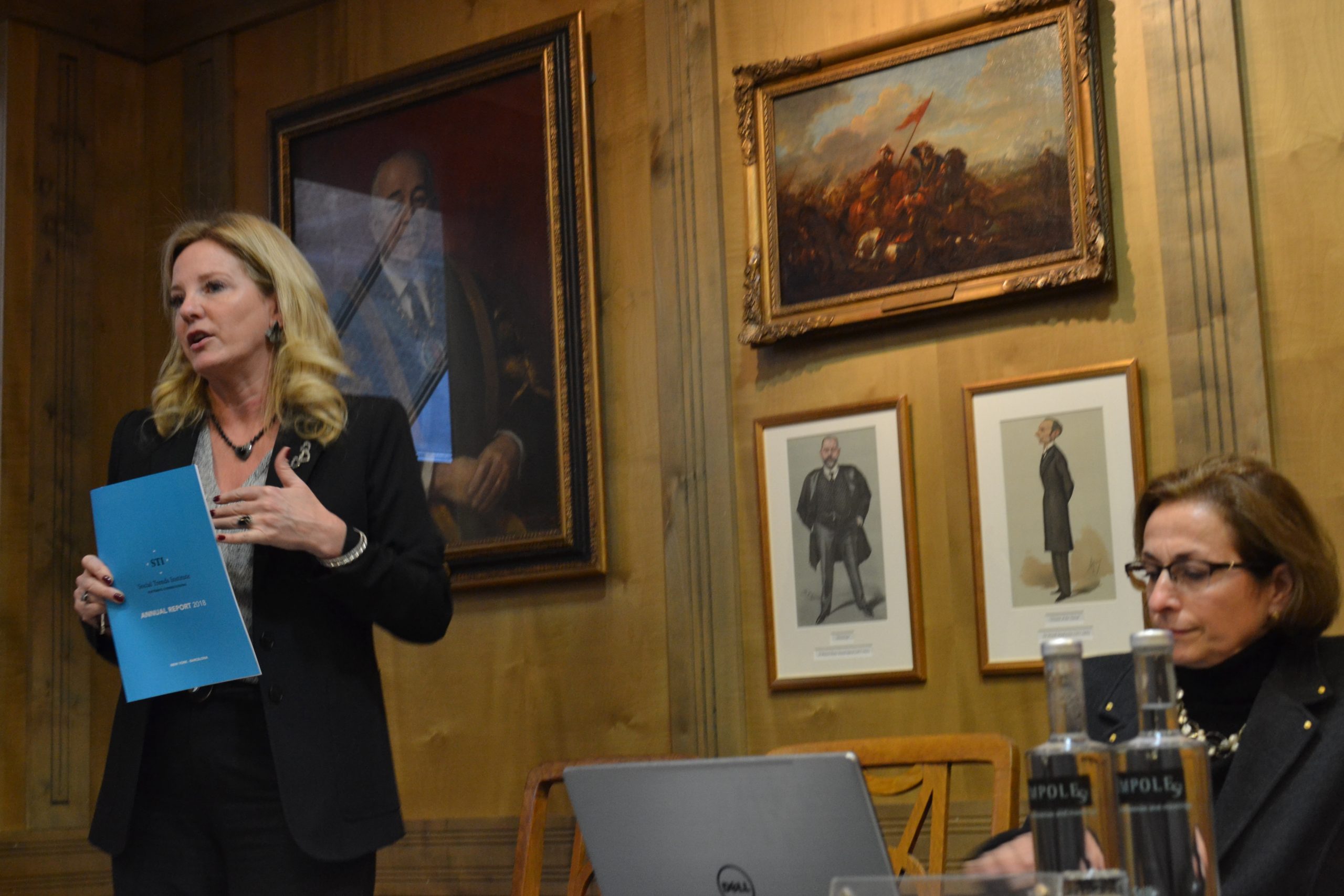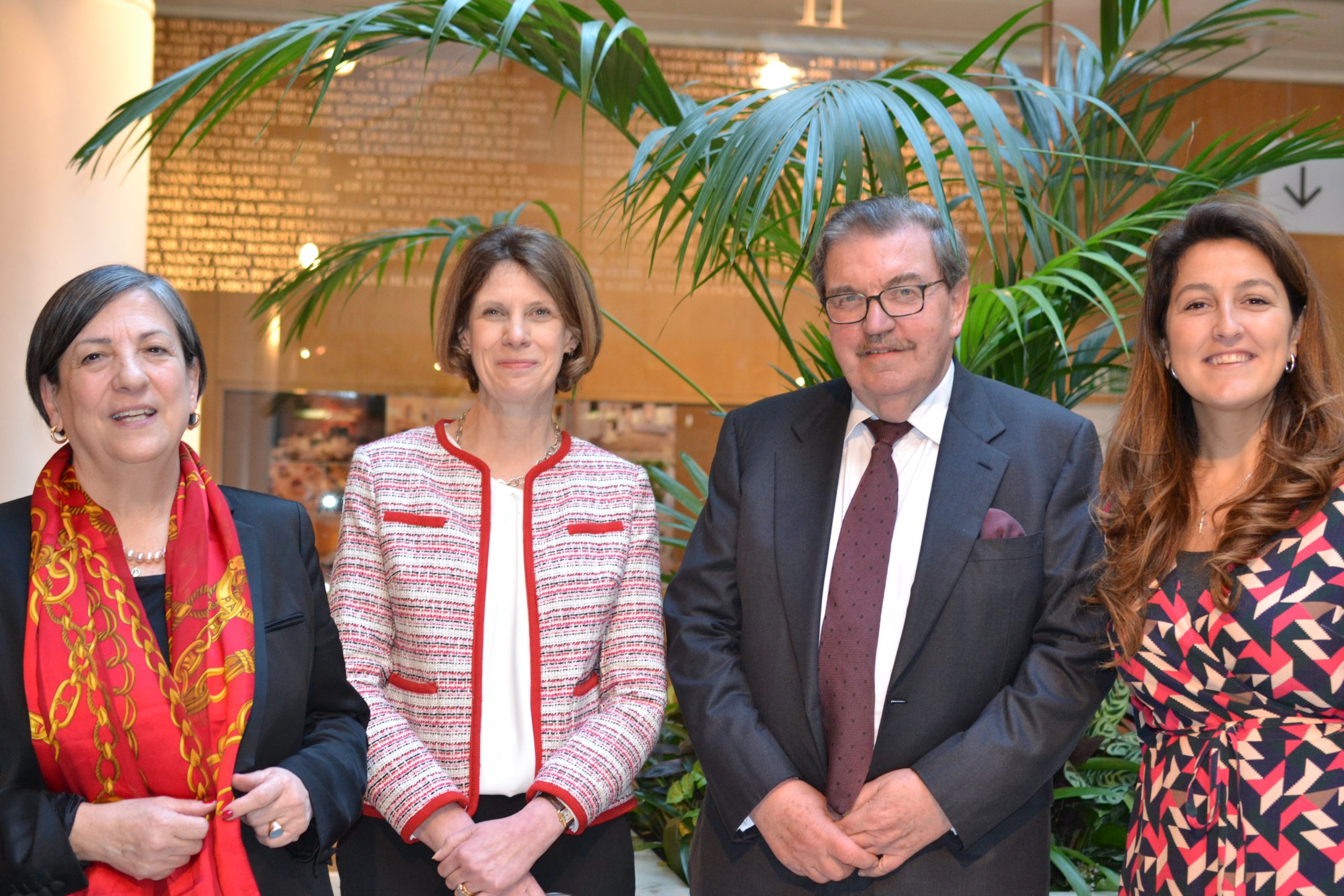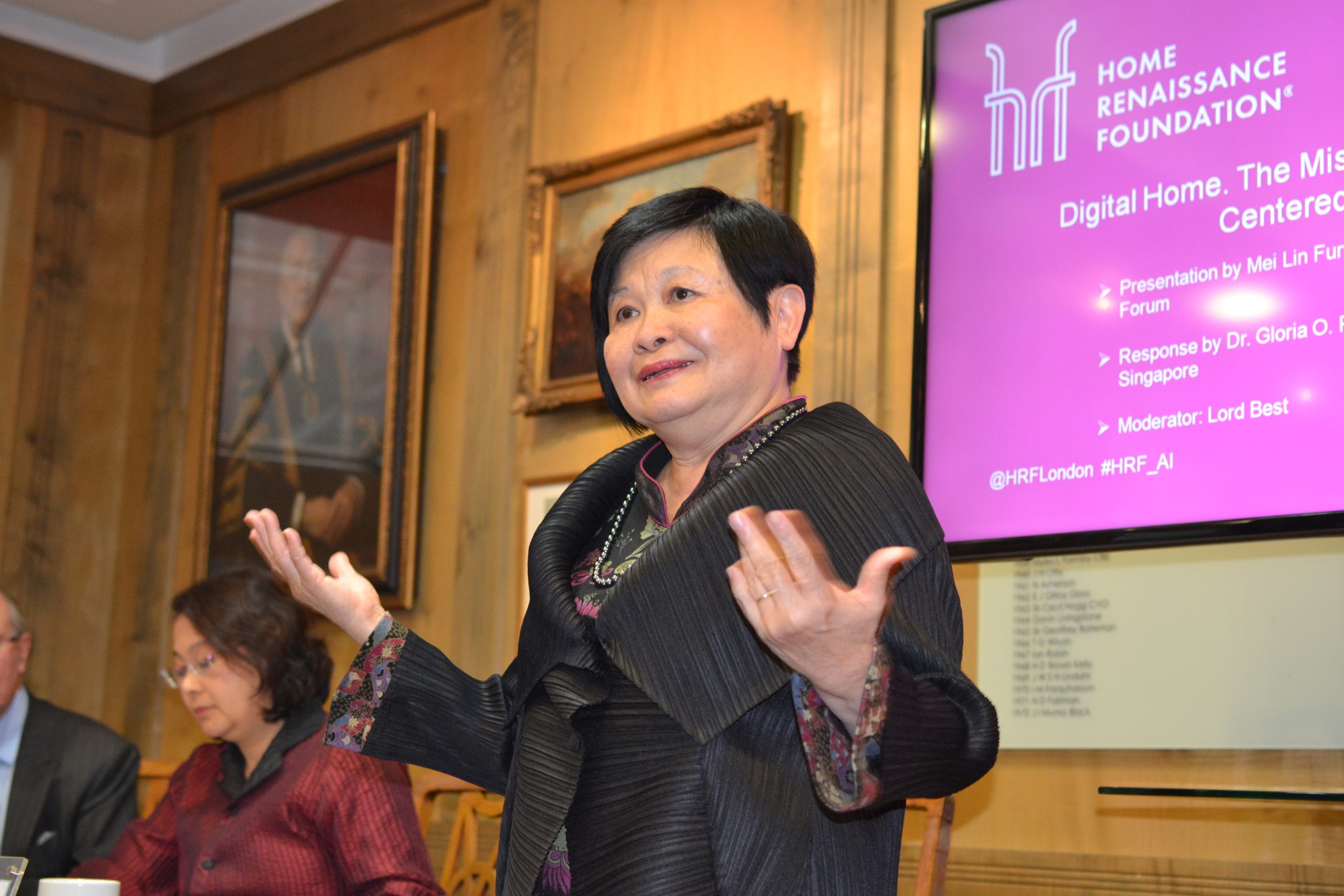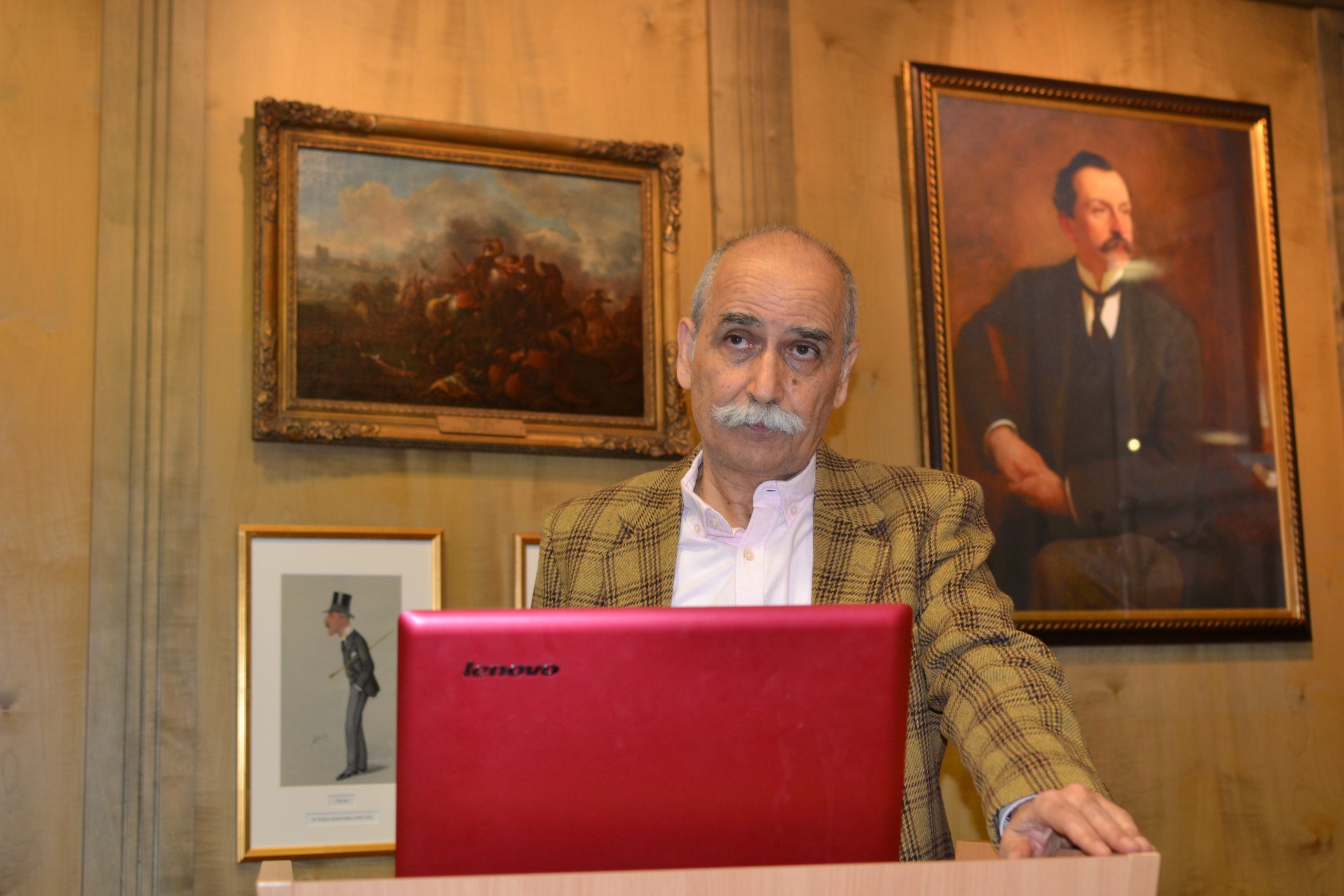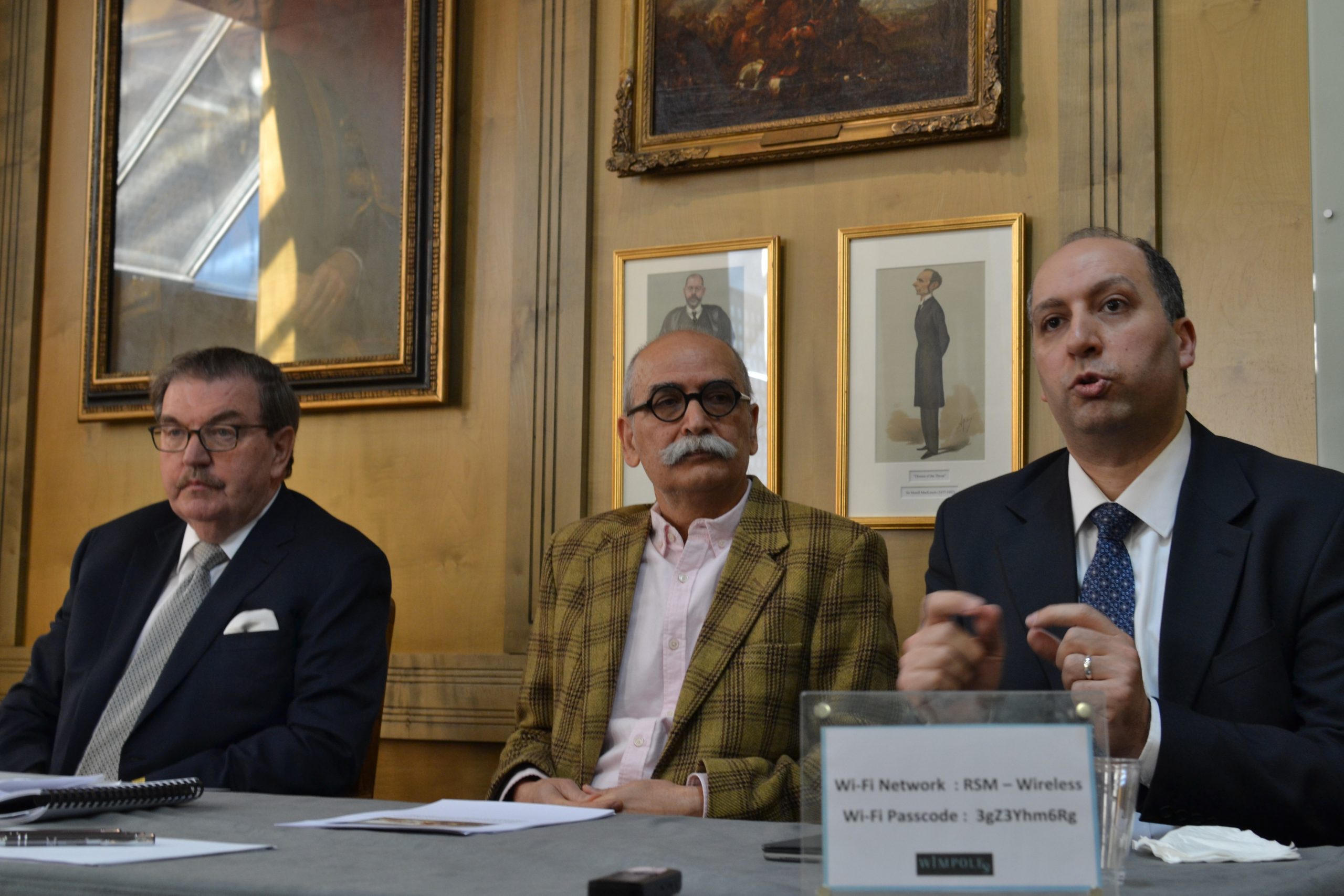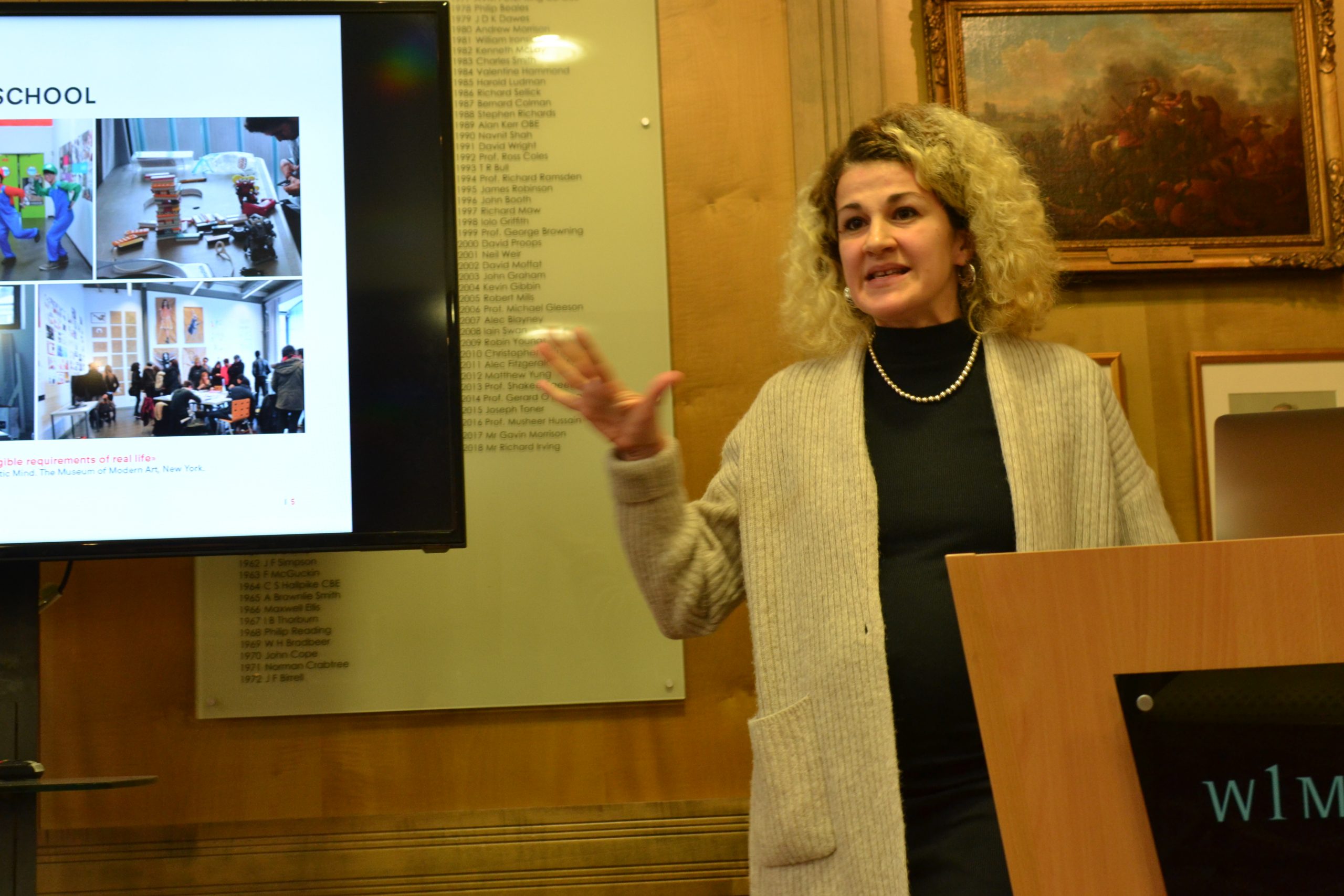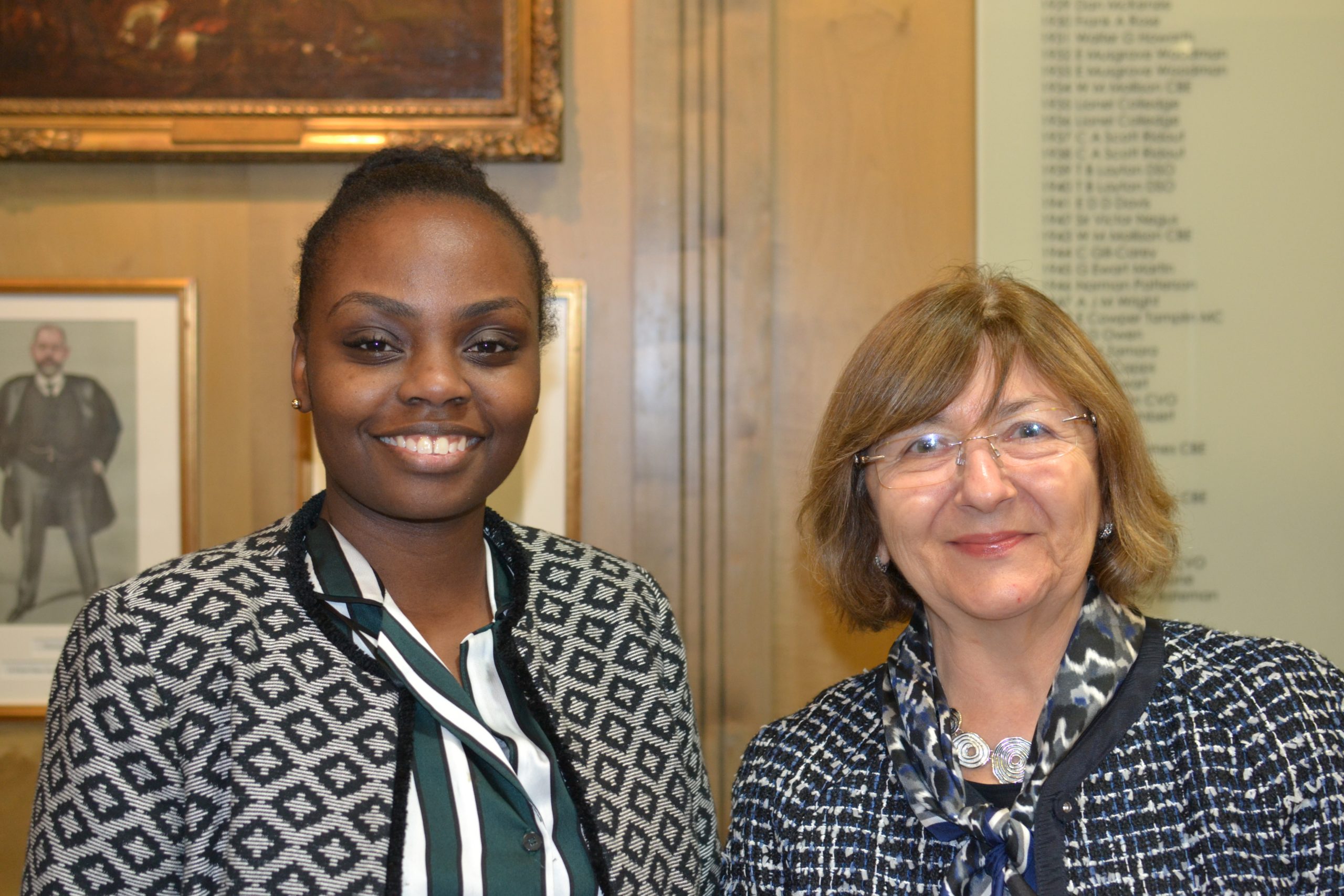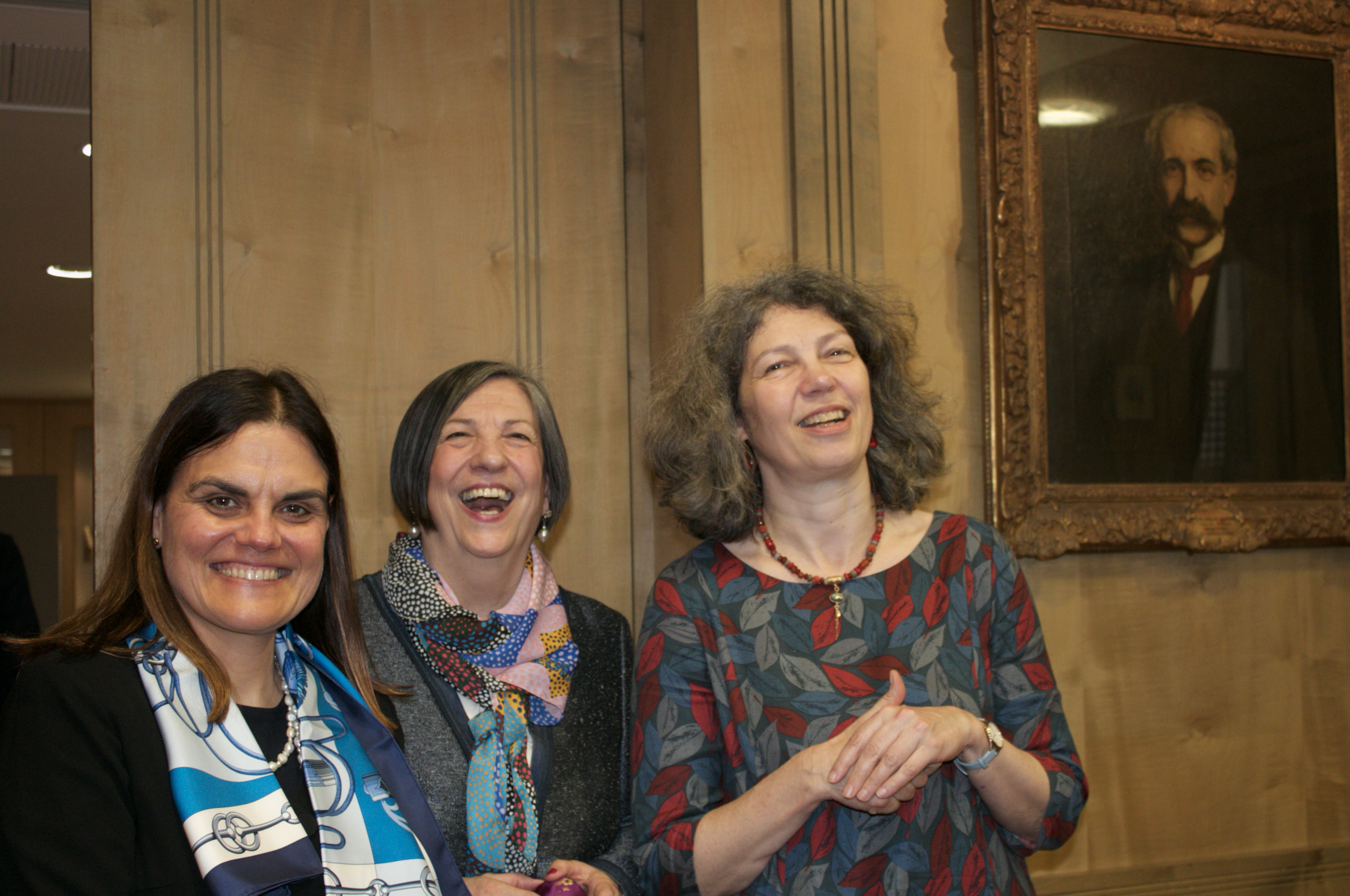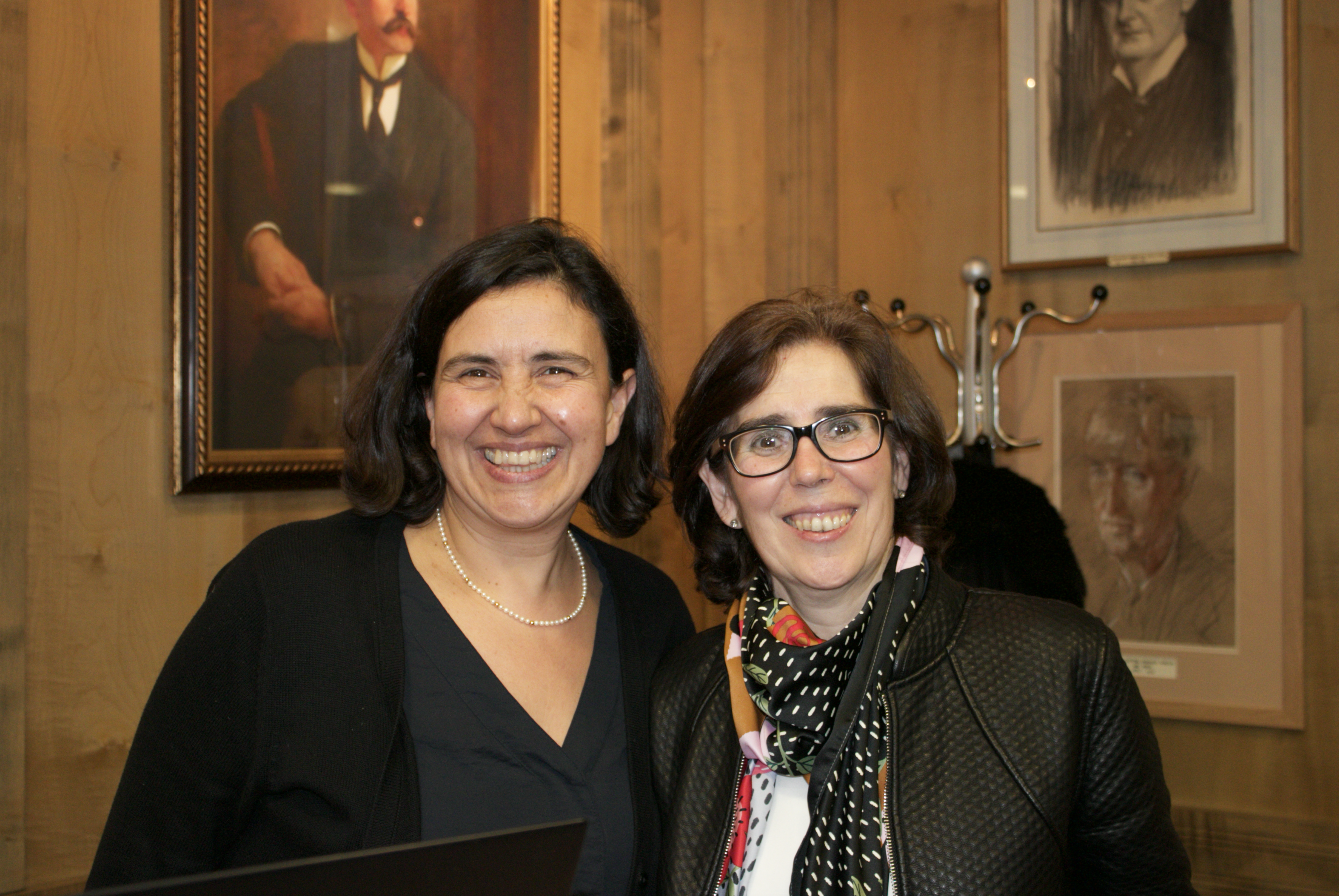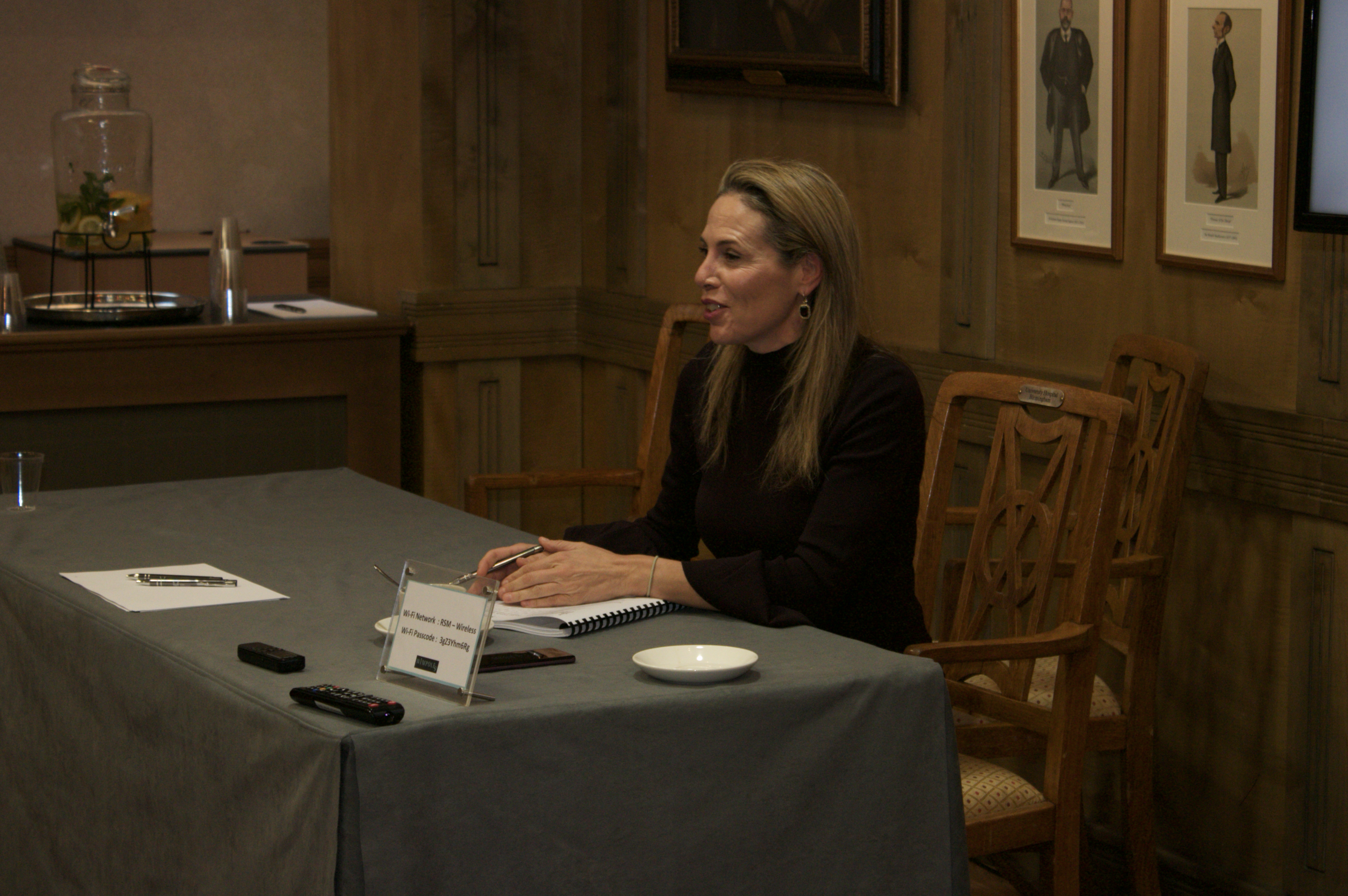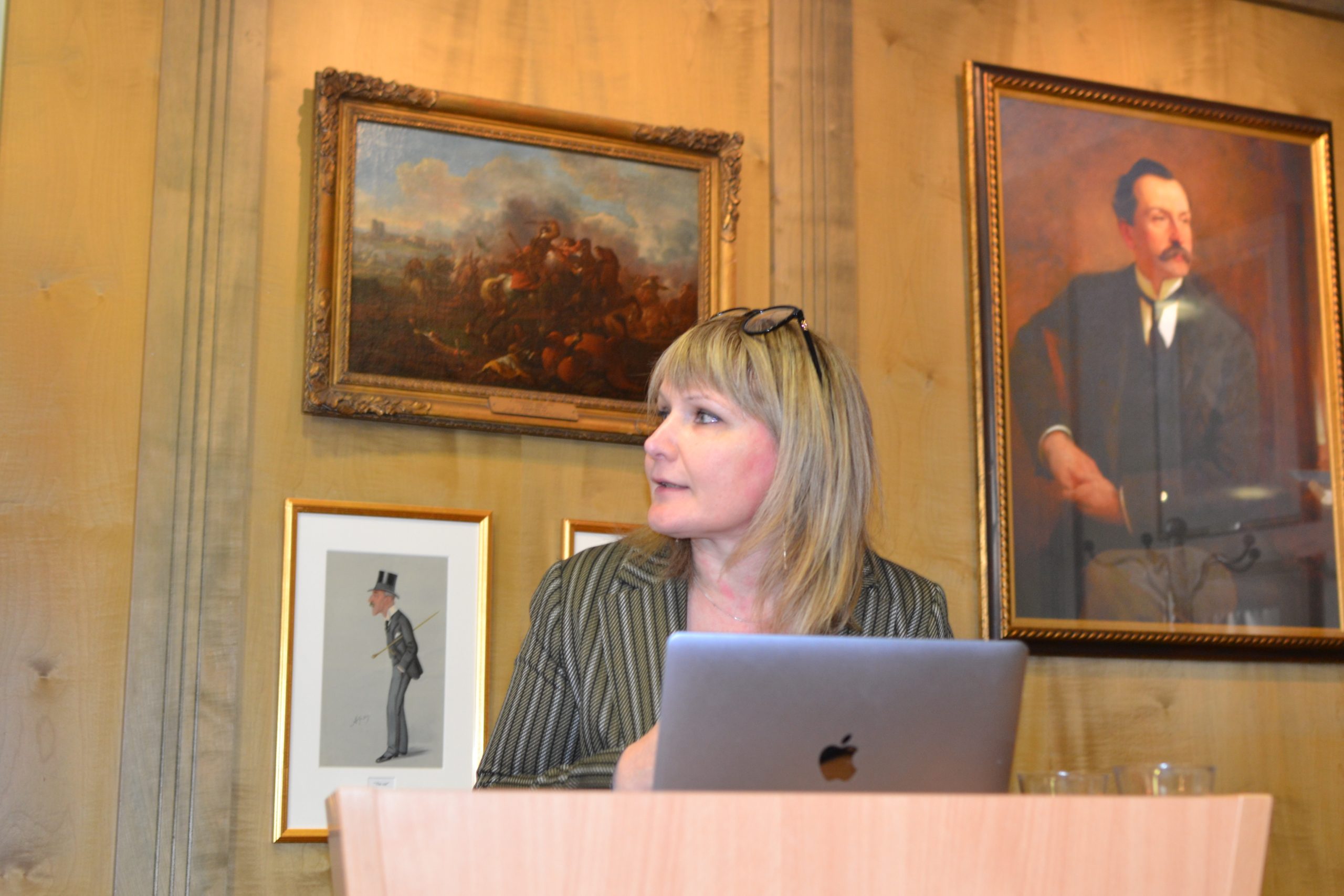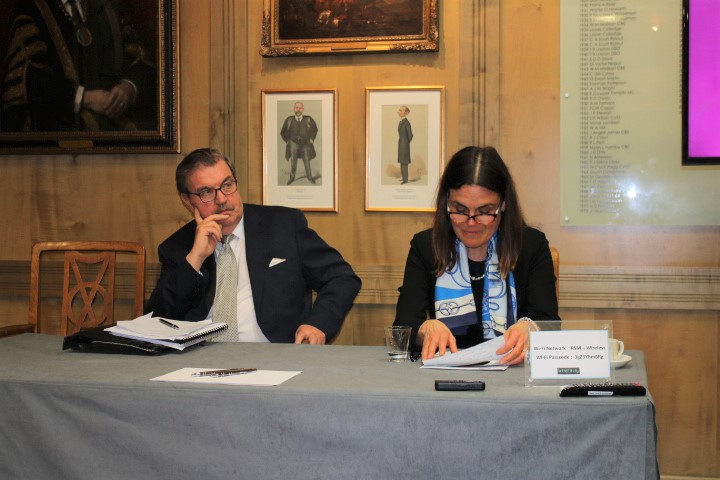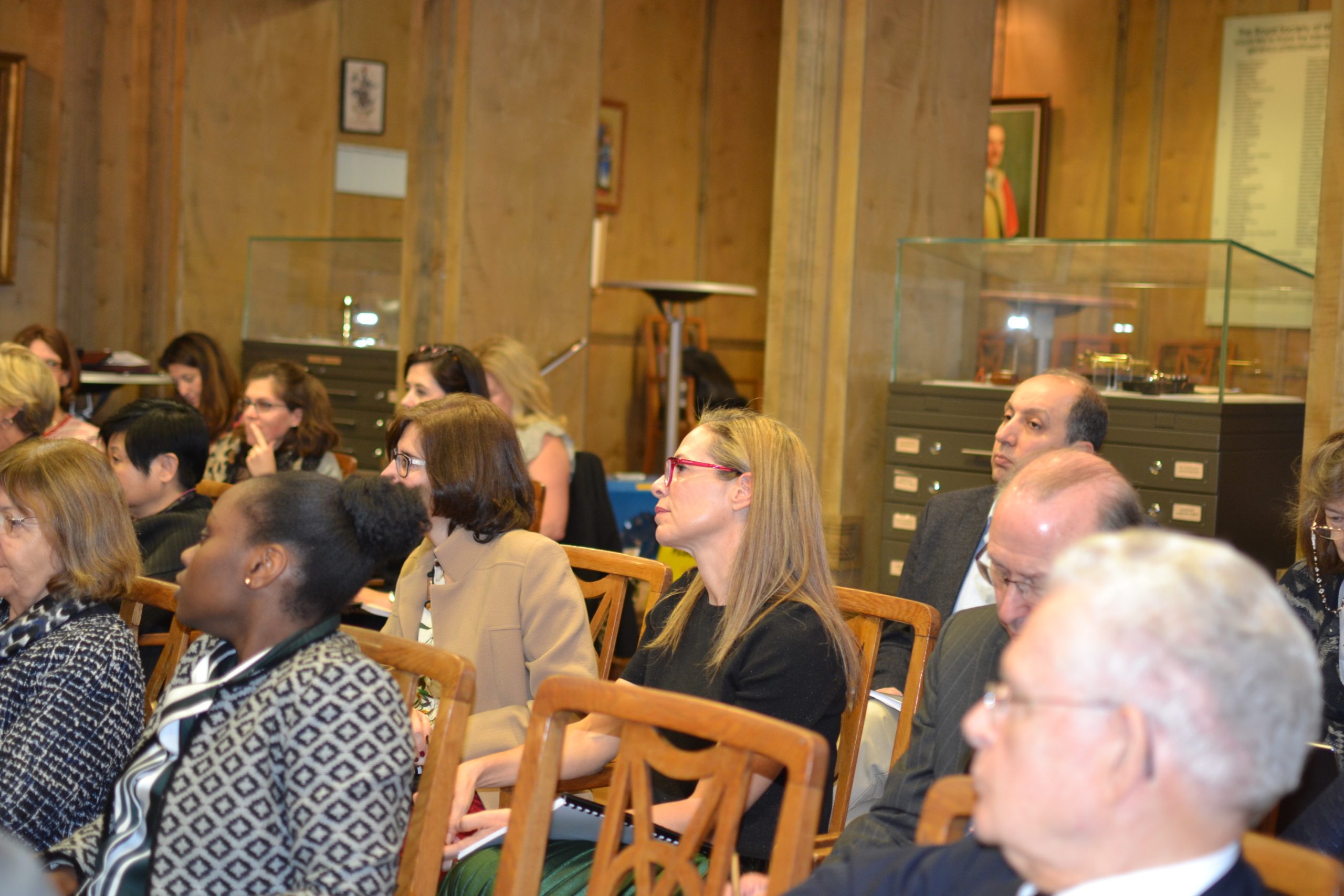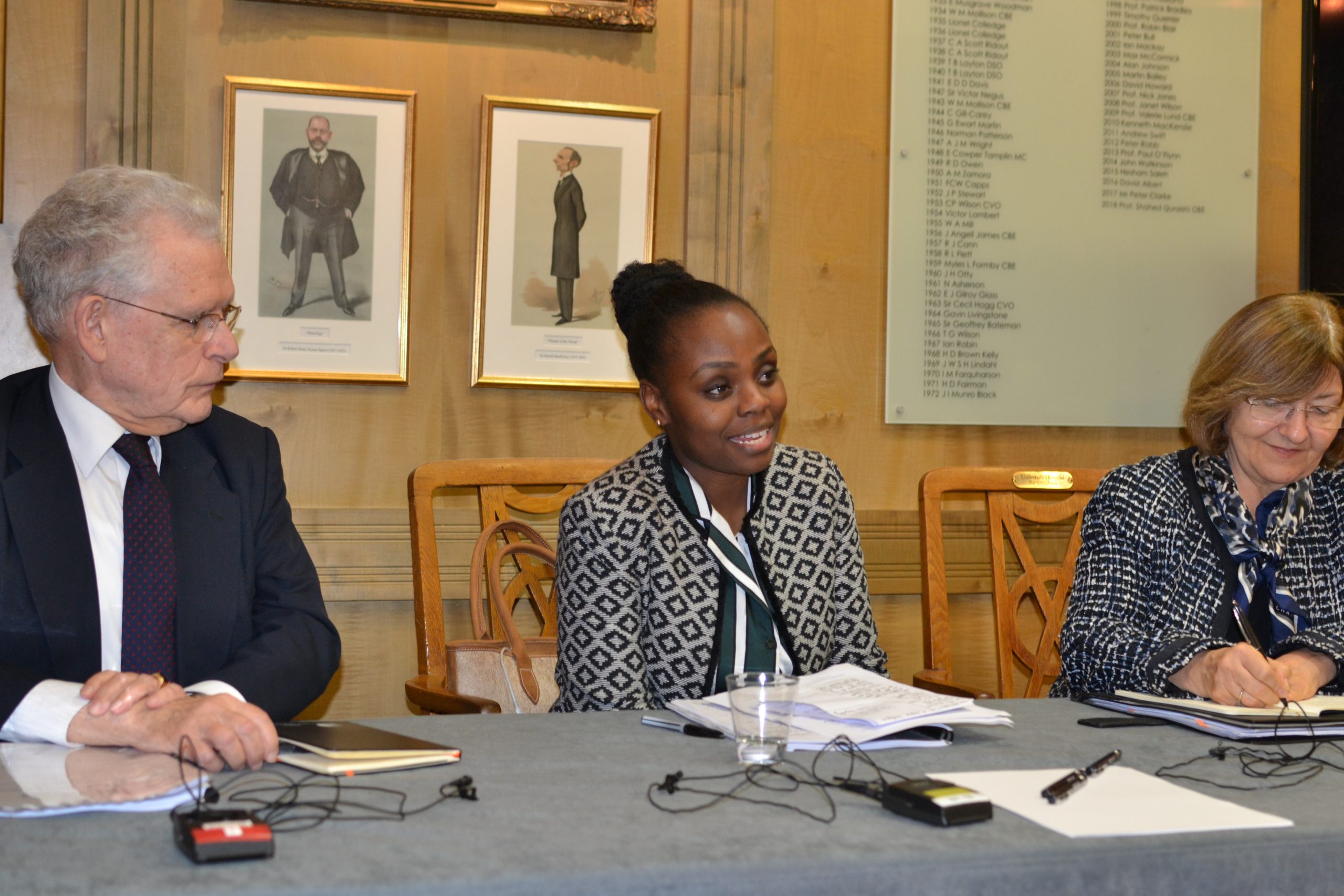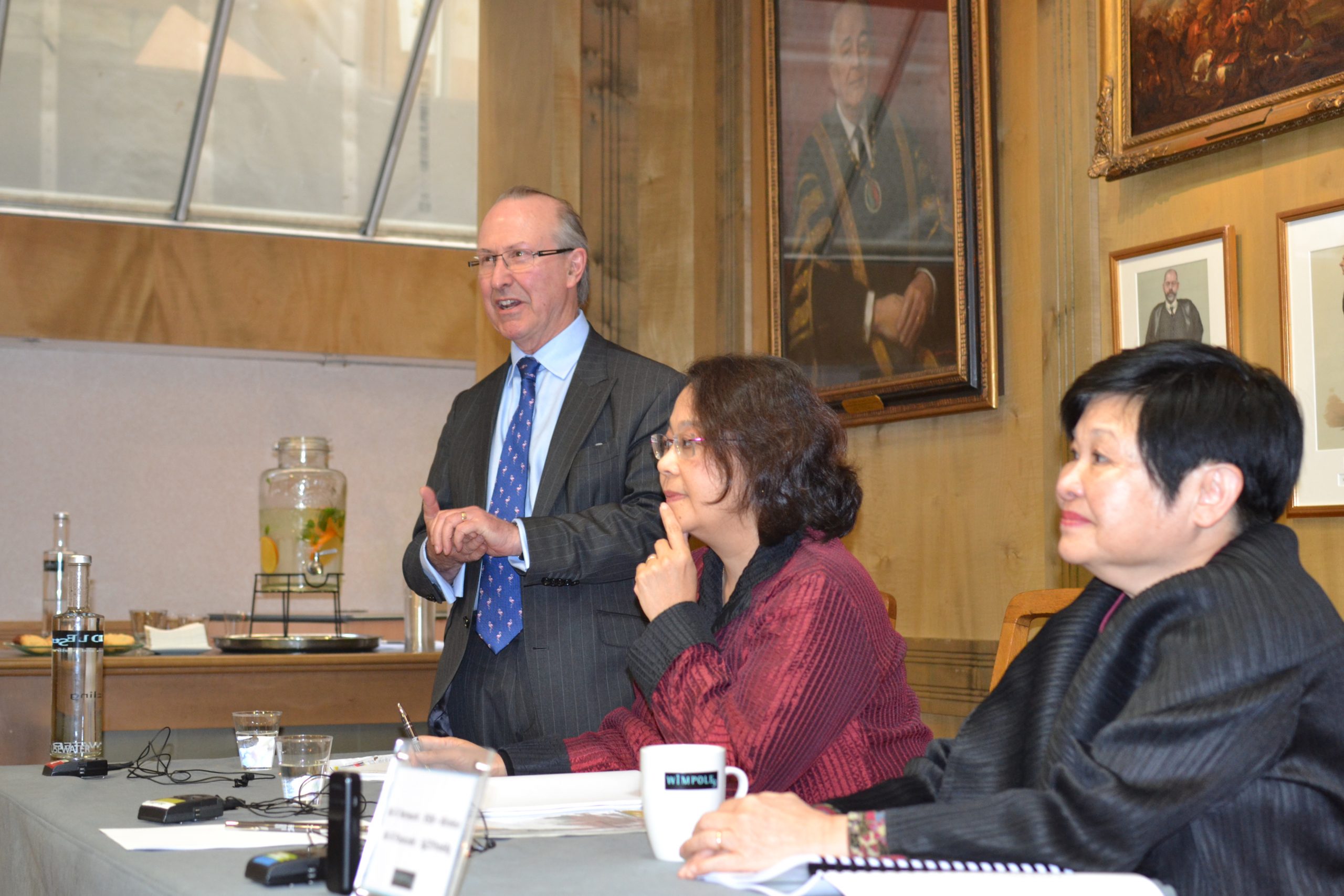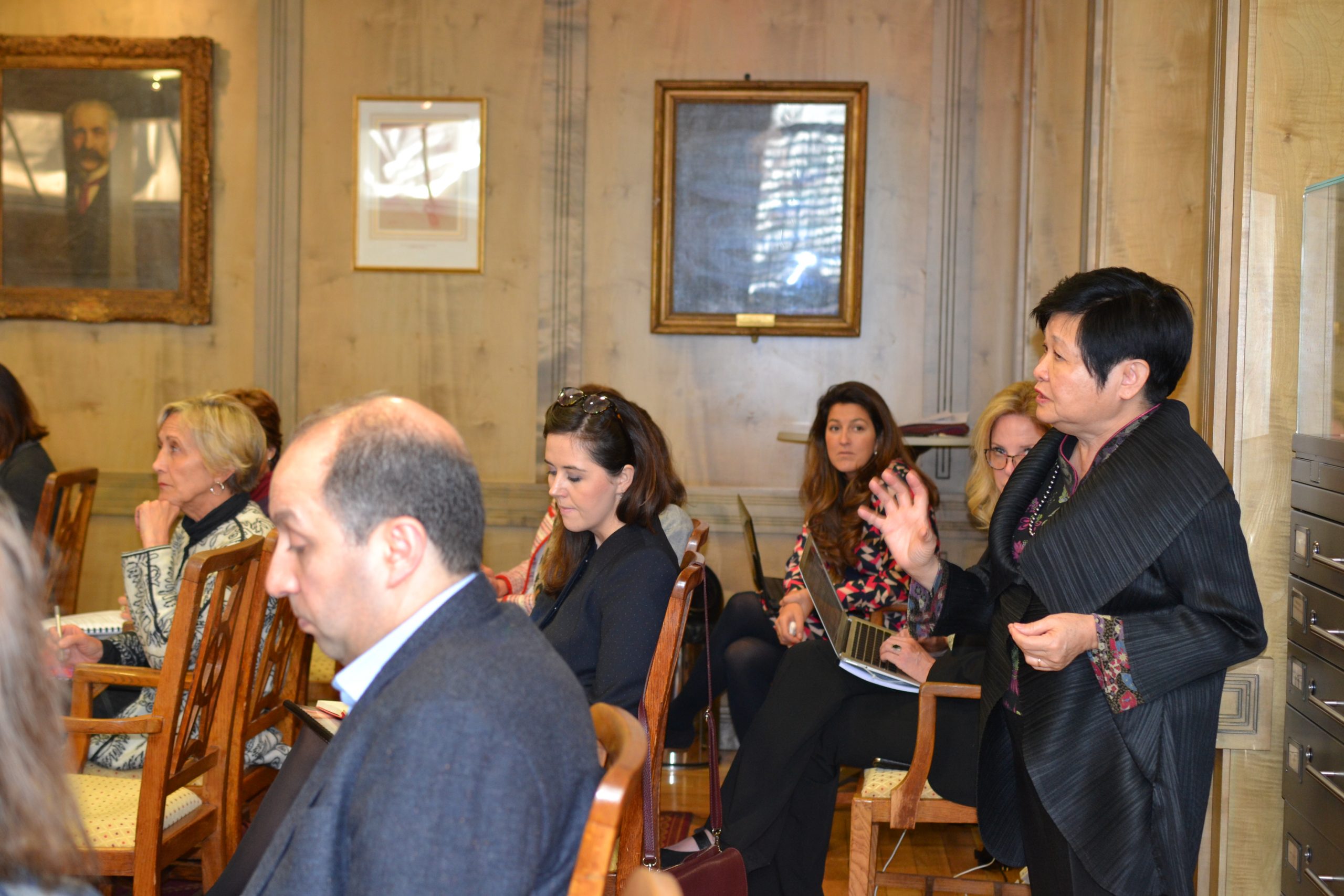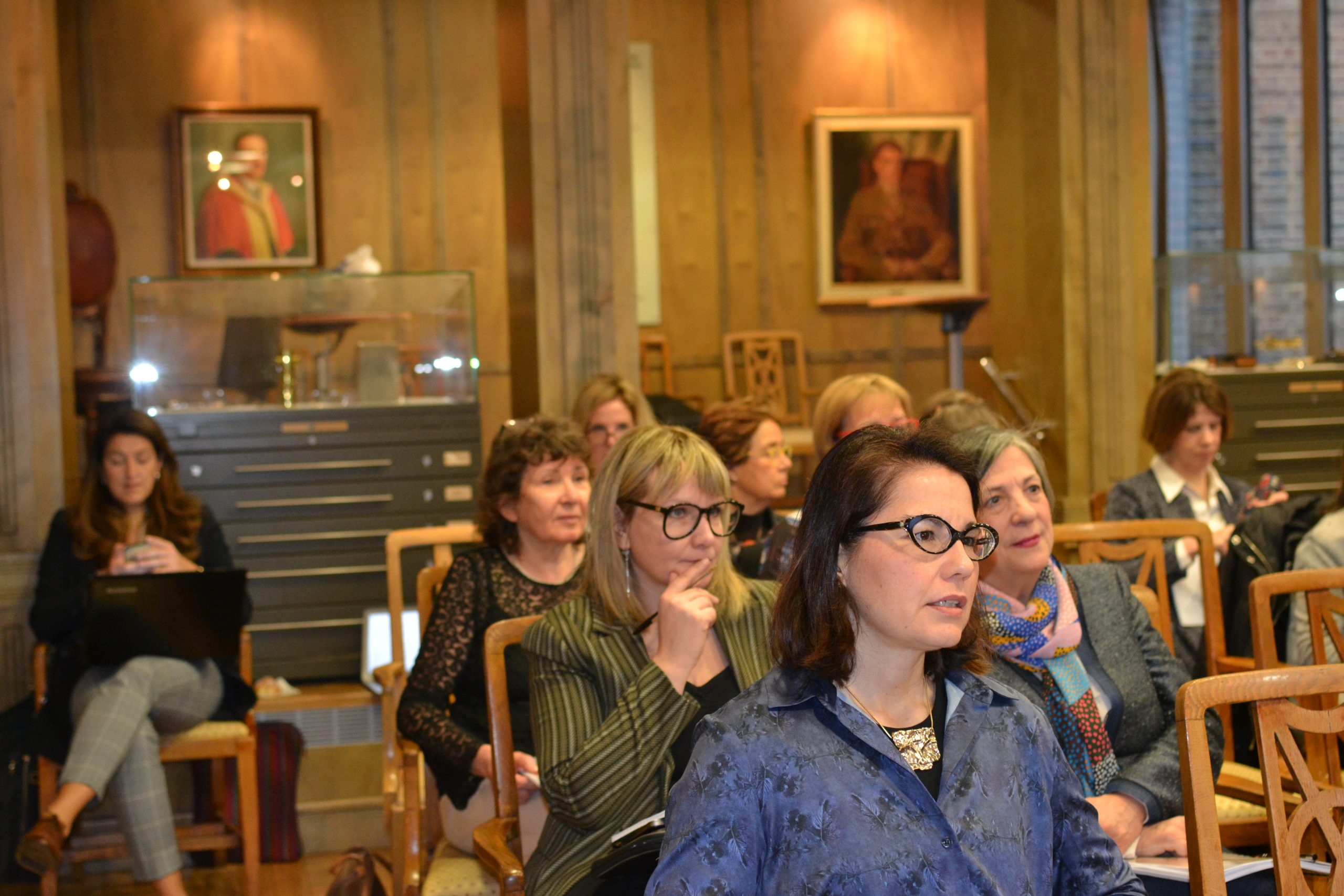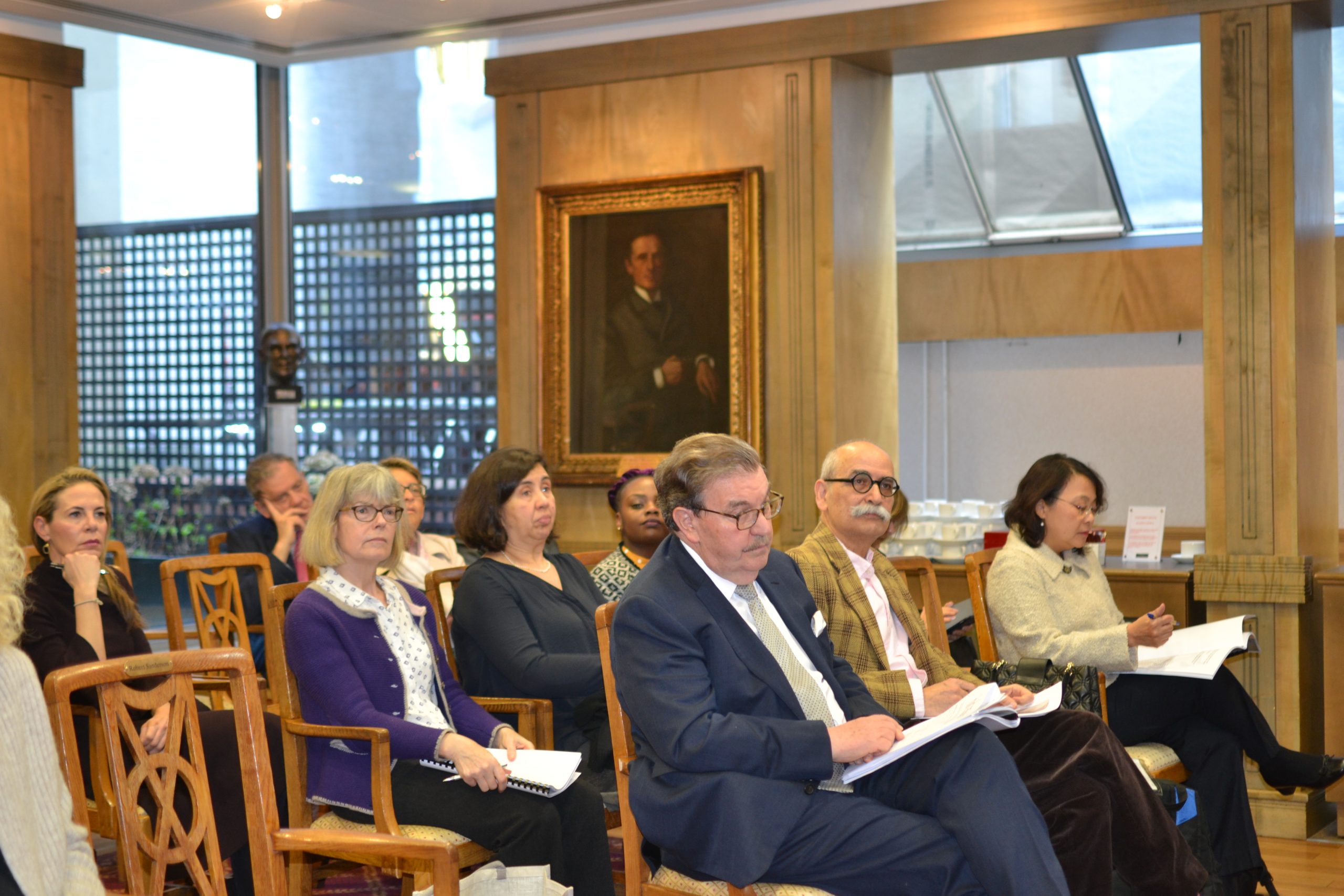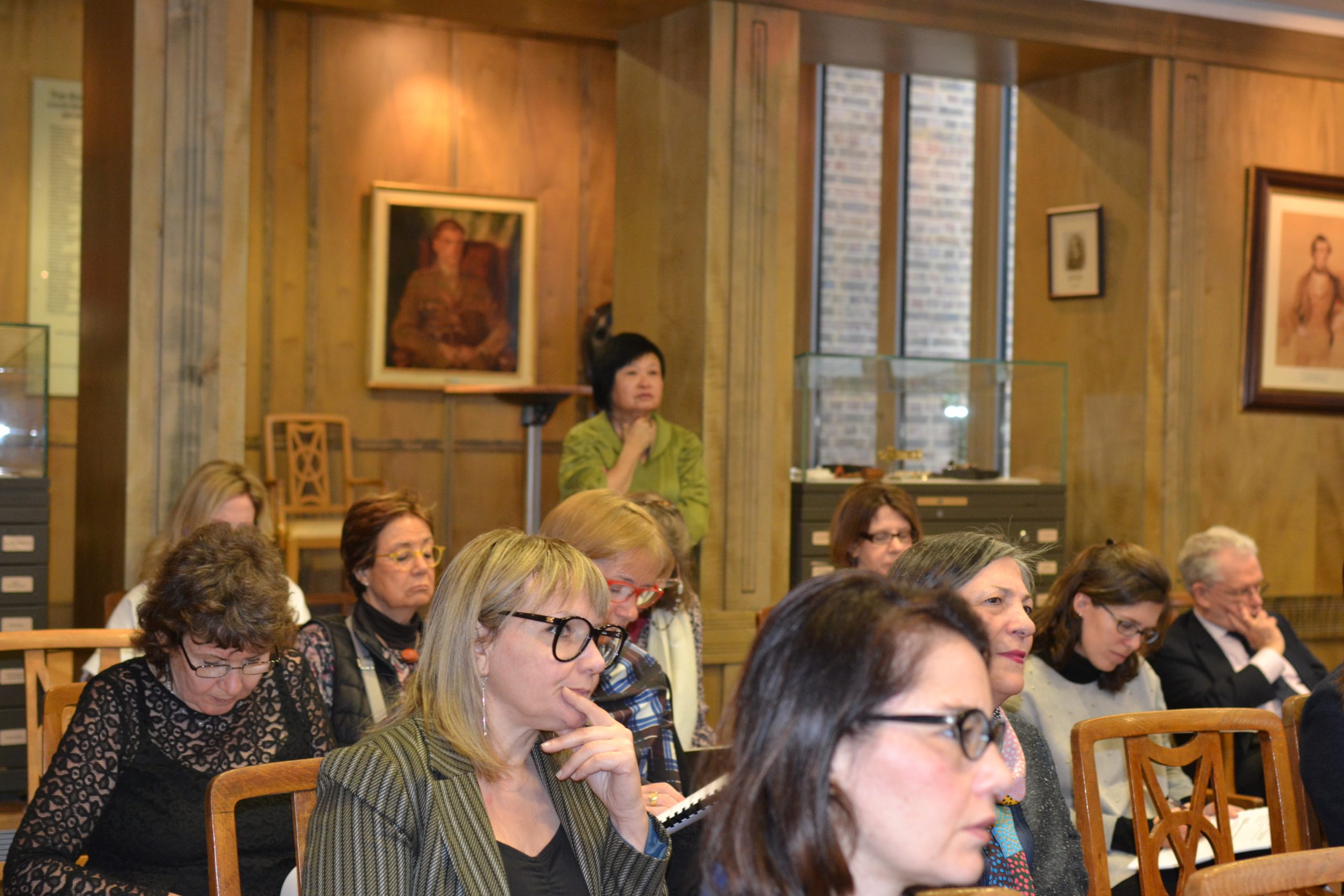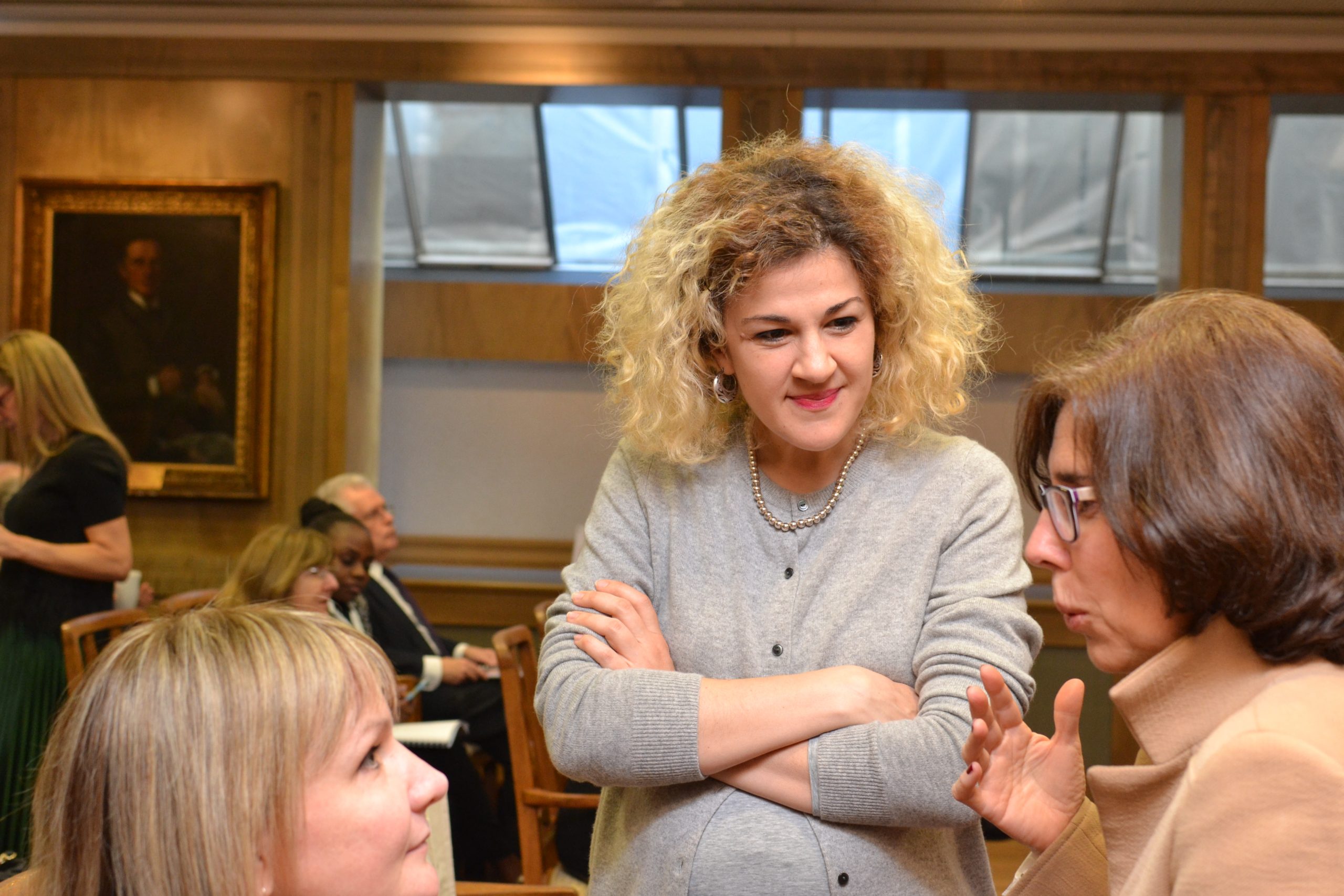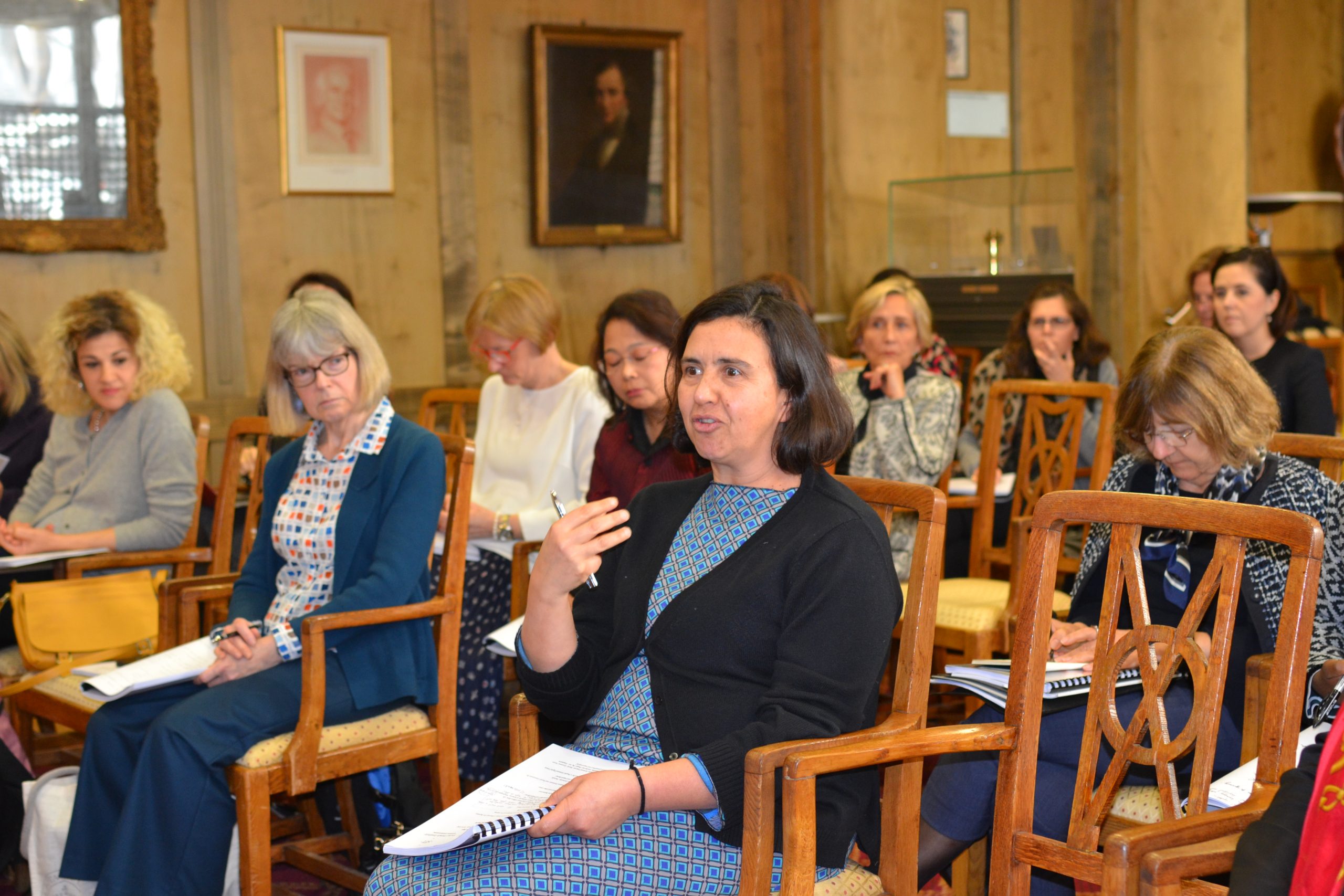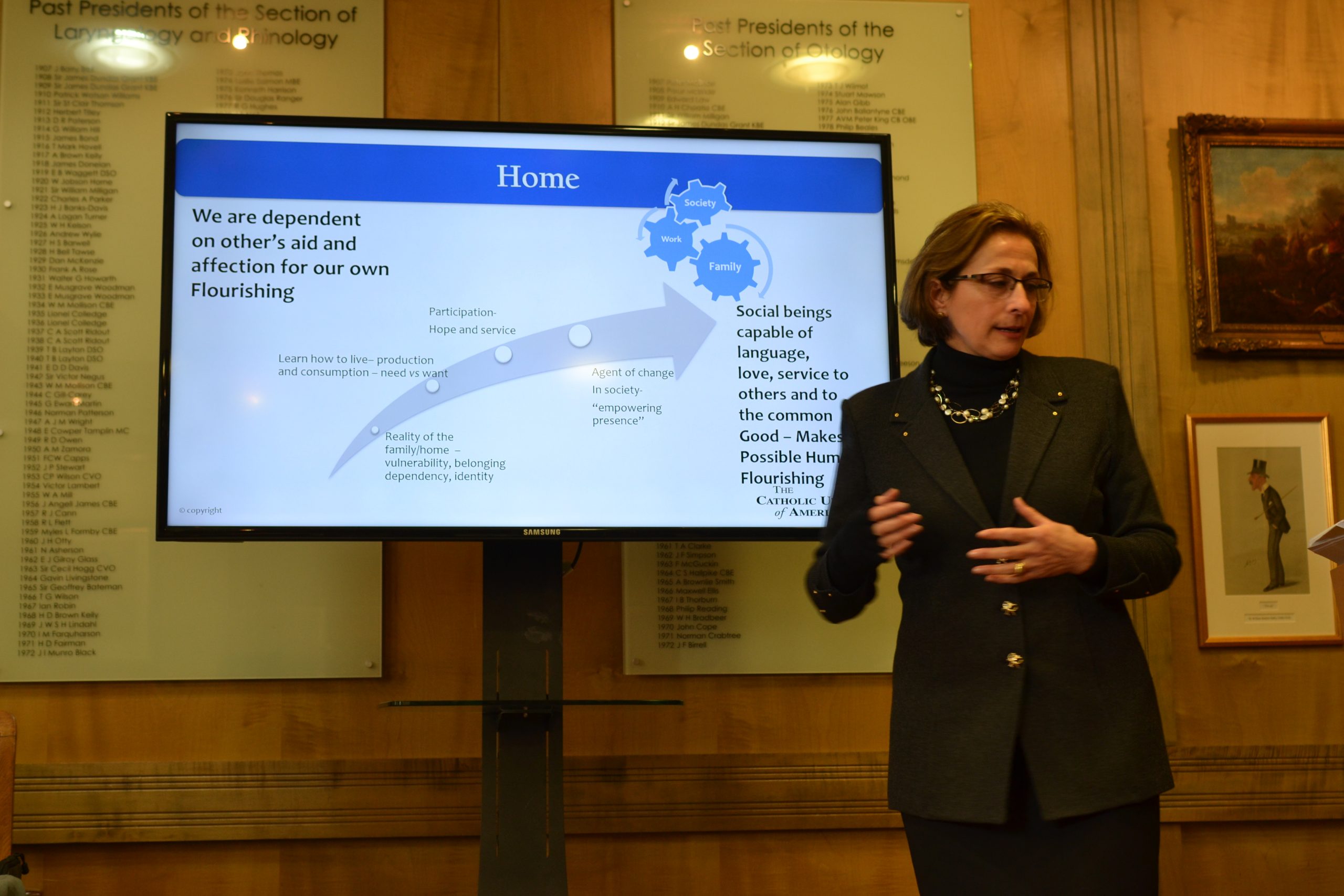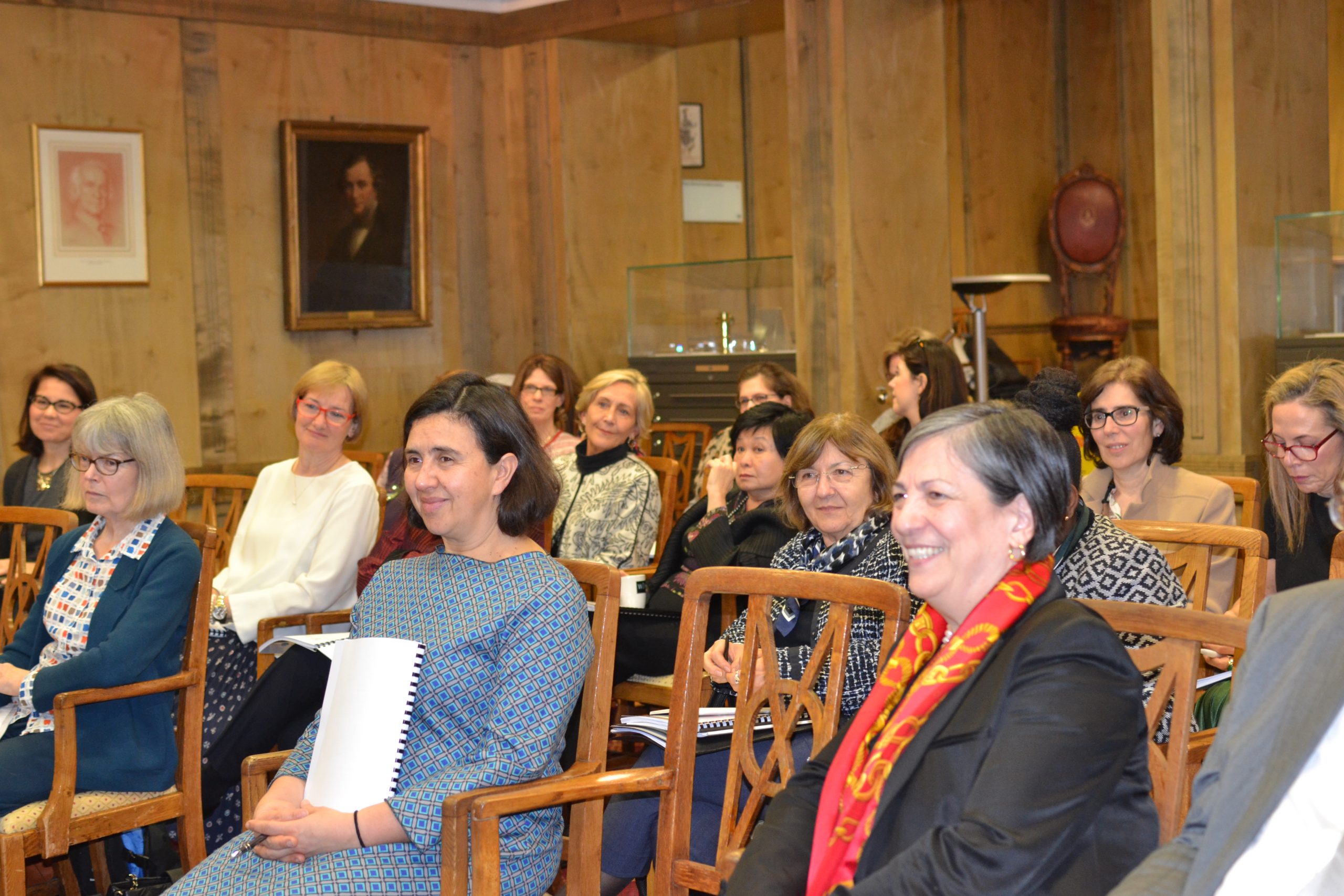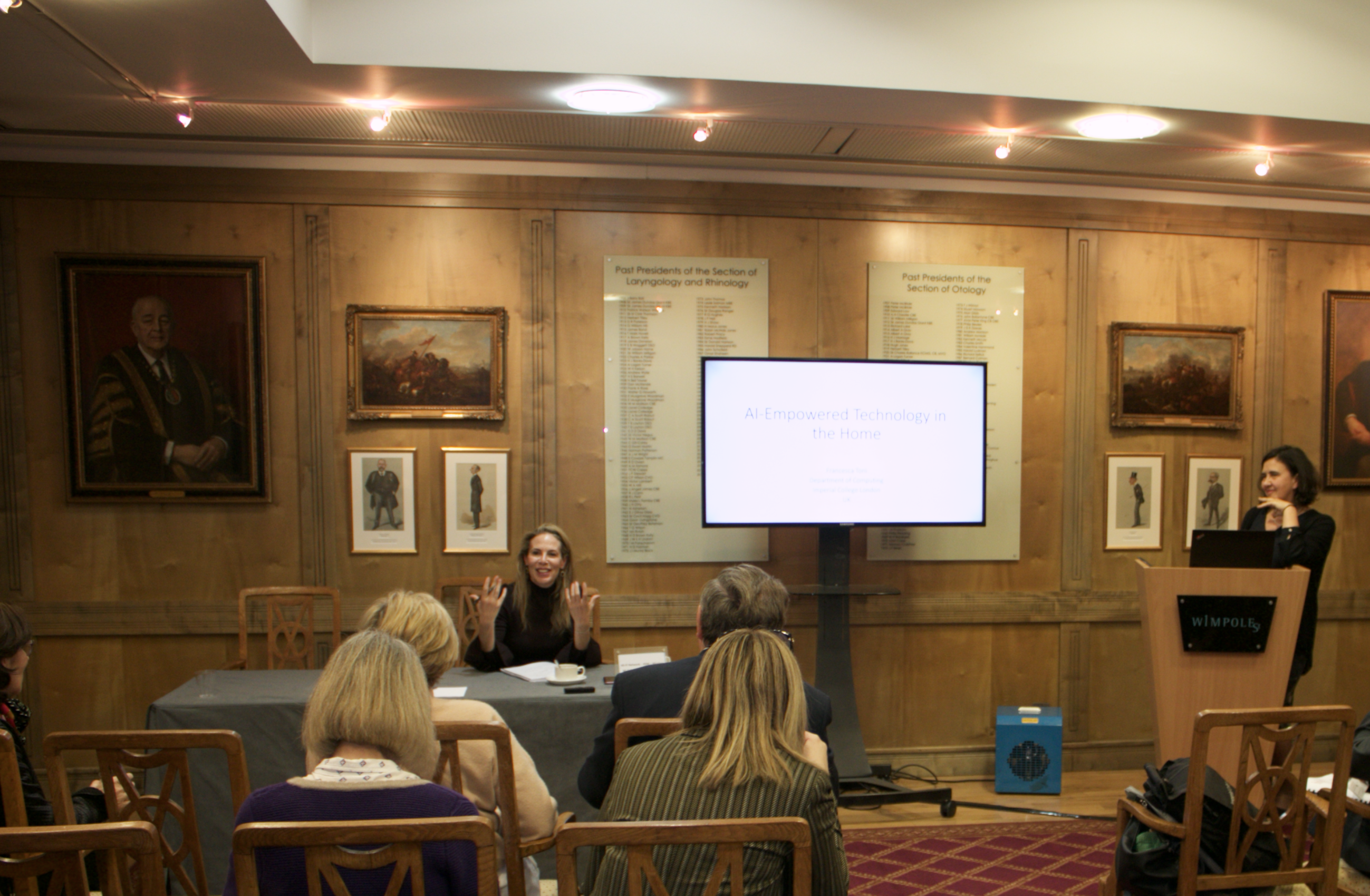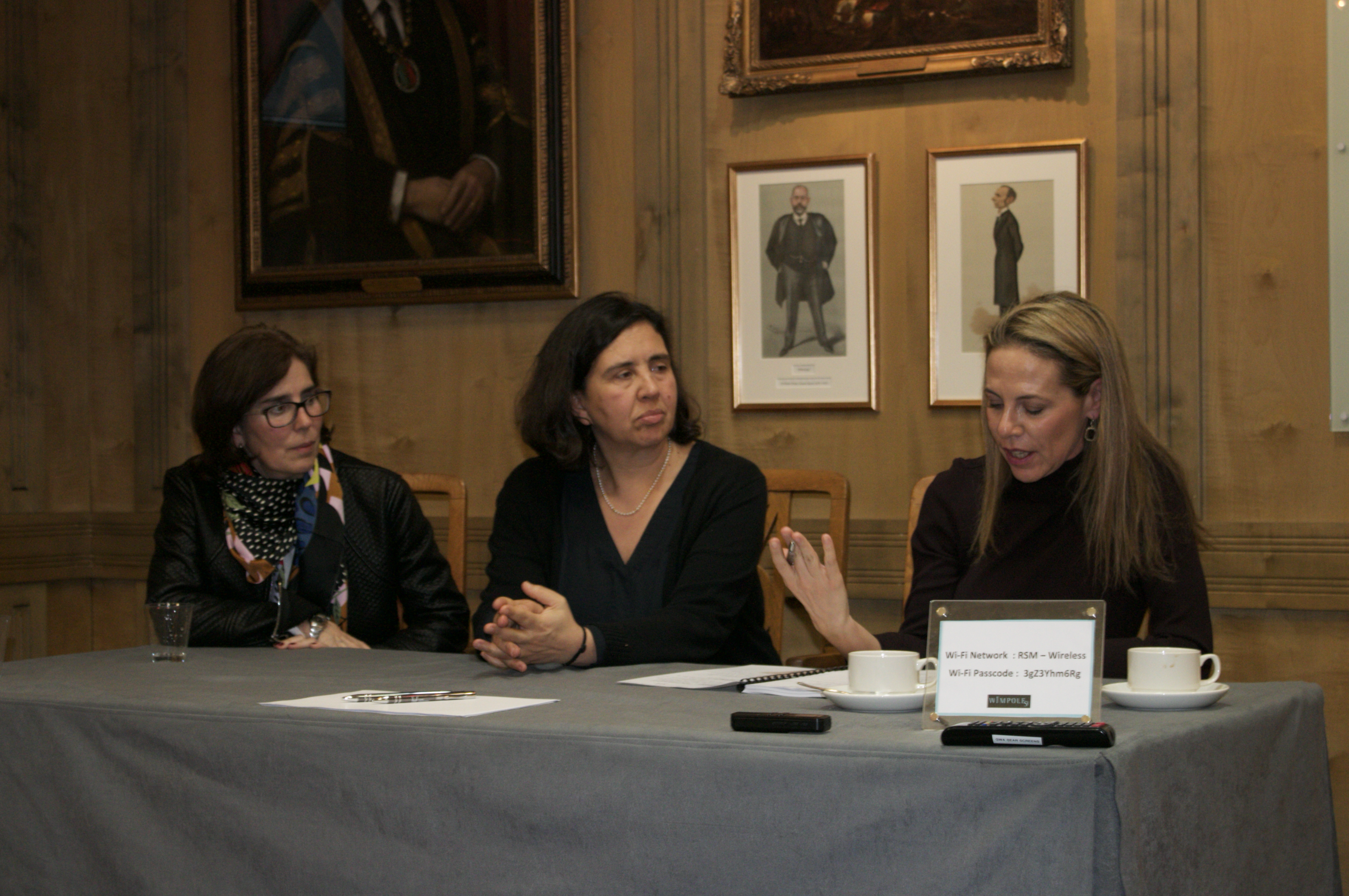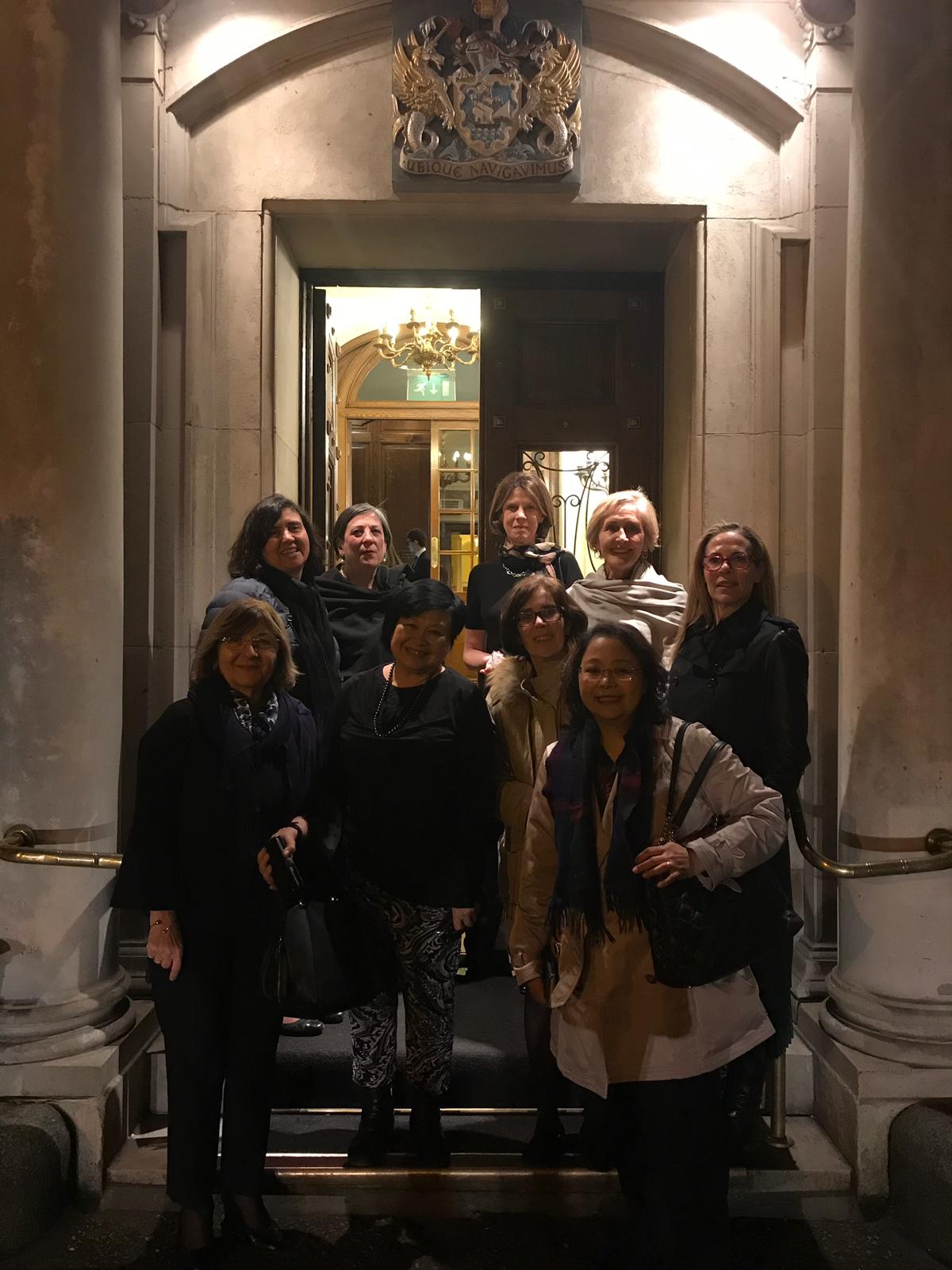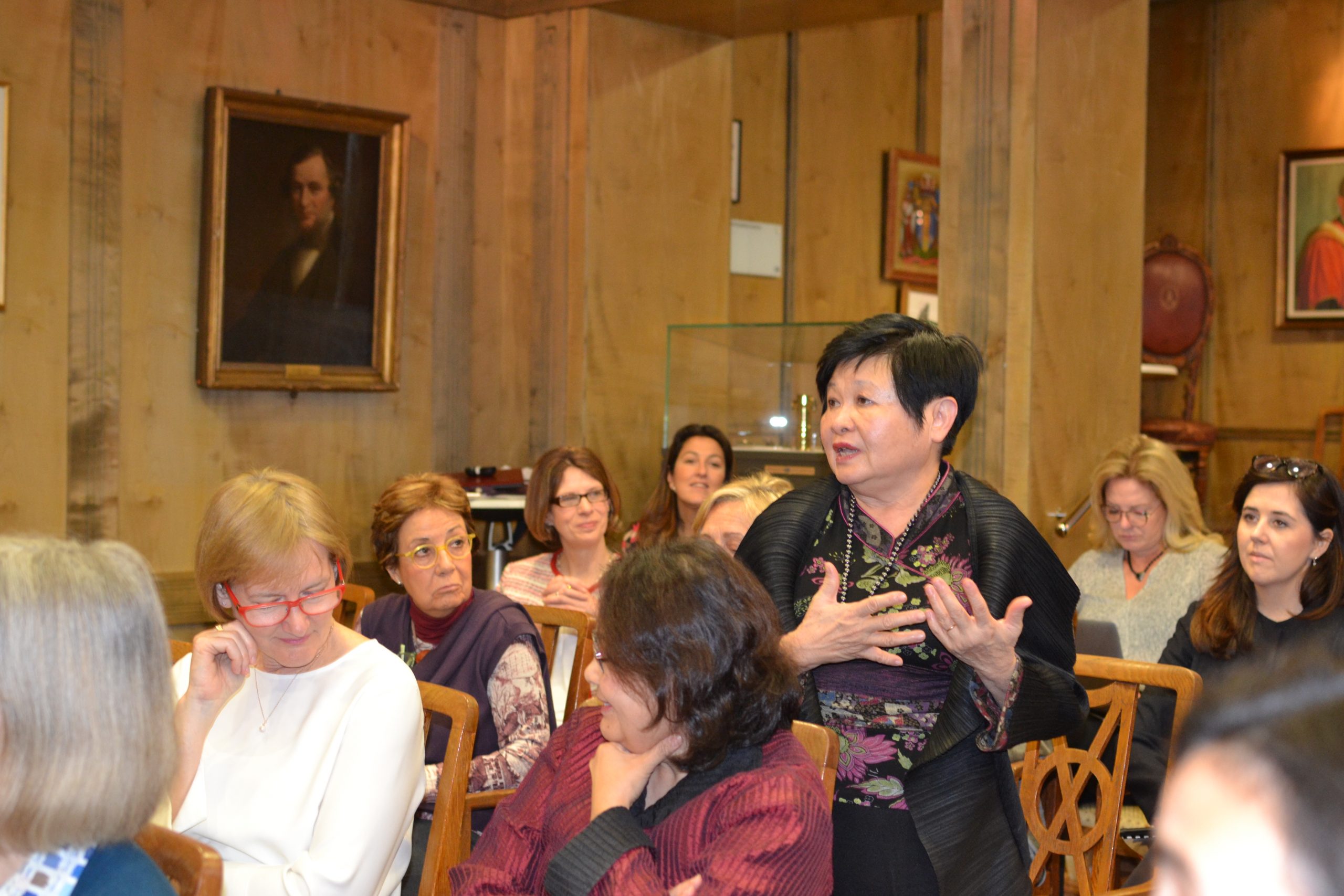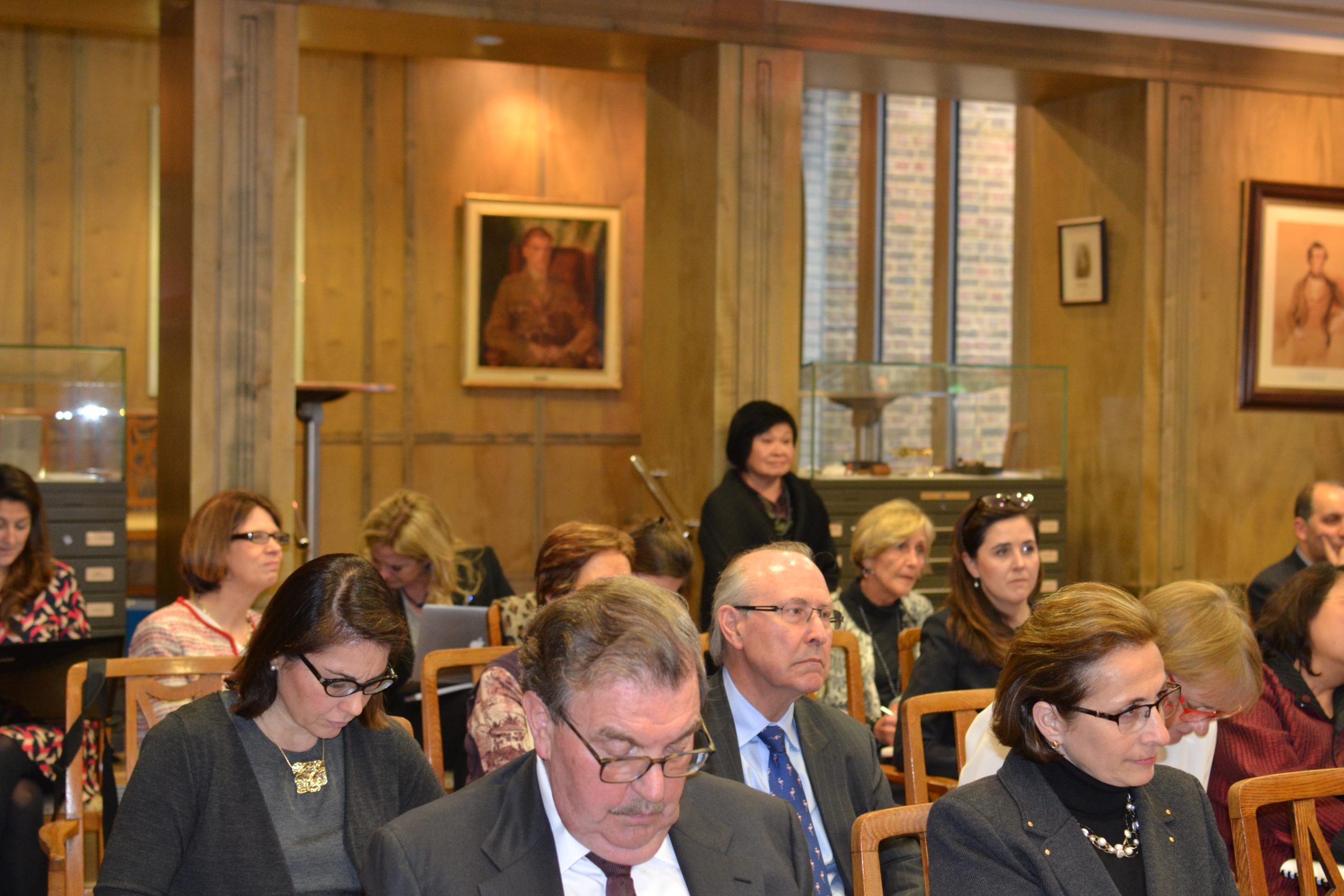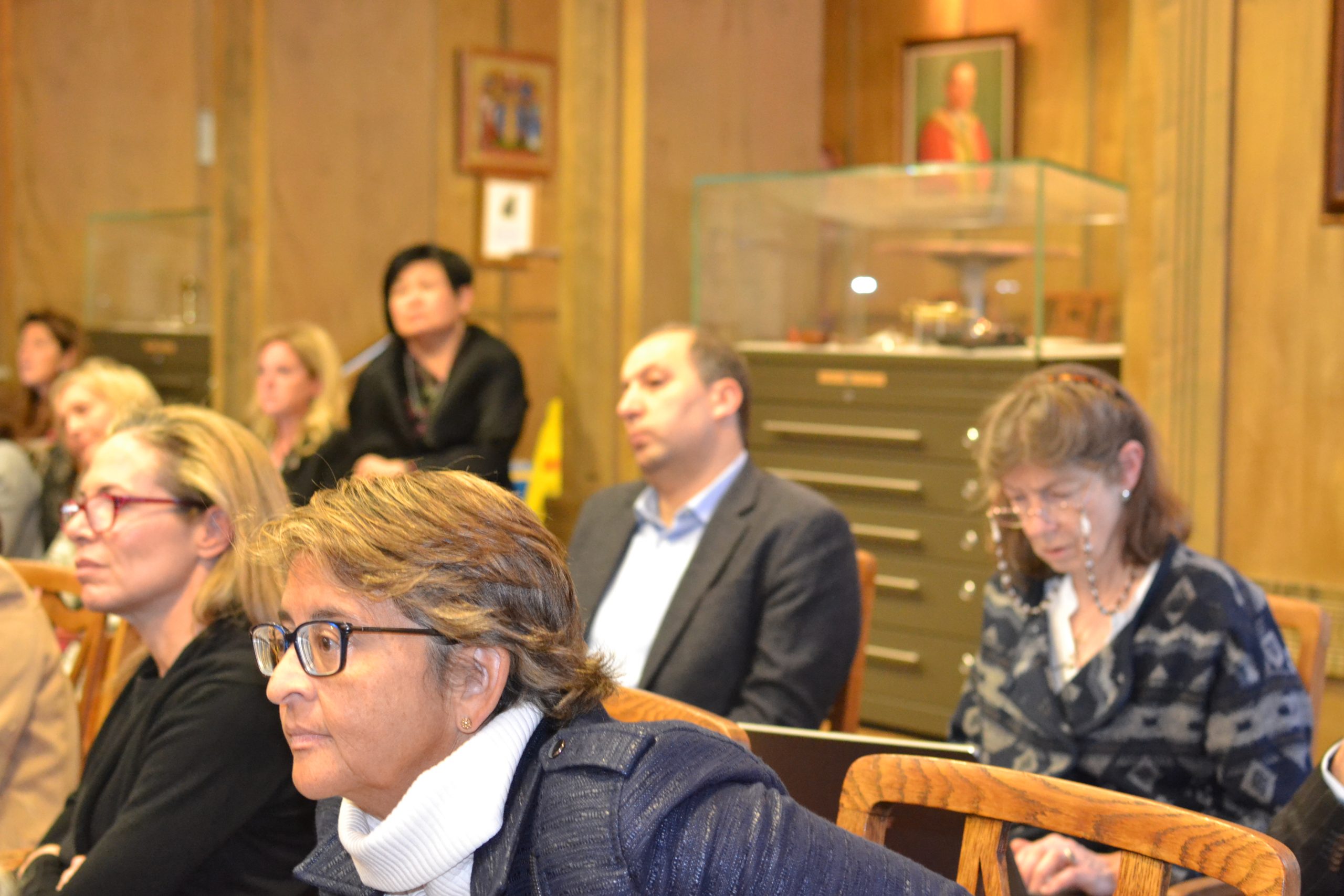Over the coming years we will continue to witness a technological “revolution.” How will the increasing presence of new technologies in the home affect its pivotal roles in human development and the creation of a balanced and humane society?
First we must ask whether technology’s inroads into the home are inevitable and if so, can the home coexist with this intruder without critical aspects of domestic life becoming compromised, including relationships and work? What might the specific costs to our home lives, and how can they be avoided or minimized?
Furthermore, what benefits of an advanced technological age can we identify that can be better exploited in the home to enhance its functioning? How can we welcome these emerging components of a home to benefit the whole?
In the past, social sciences, neurosciences, economics and philosophy have explored the topics of individual constitution and development dynamics, focusing on people’s cognition, action, subjectivity, inter-subjectivity and their relationship with the environment. But today engineering and bio-engineering also play an increasingly relevant role in such an evaluation.
A new epistemological approach must be developed that might include disciplines including sociology, economics and law, philosophy and anthropology, and engineering and architecture, which might be able to develop and account for new models of care. The home remains a paradigmatic place where such care models and practices emerge and take place, shaping human personhood, and its bodily dimension as well as social possibilities for development and growth. Such an approach should increasingly conceive the human being not as a subject opposed to the environment, but as an actor in the environment.
